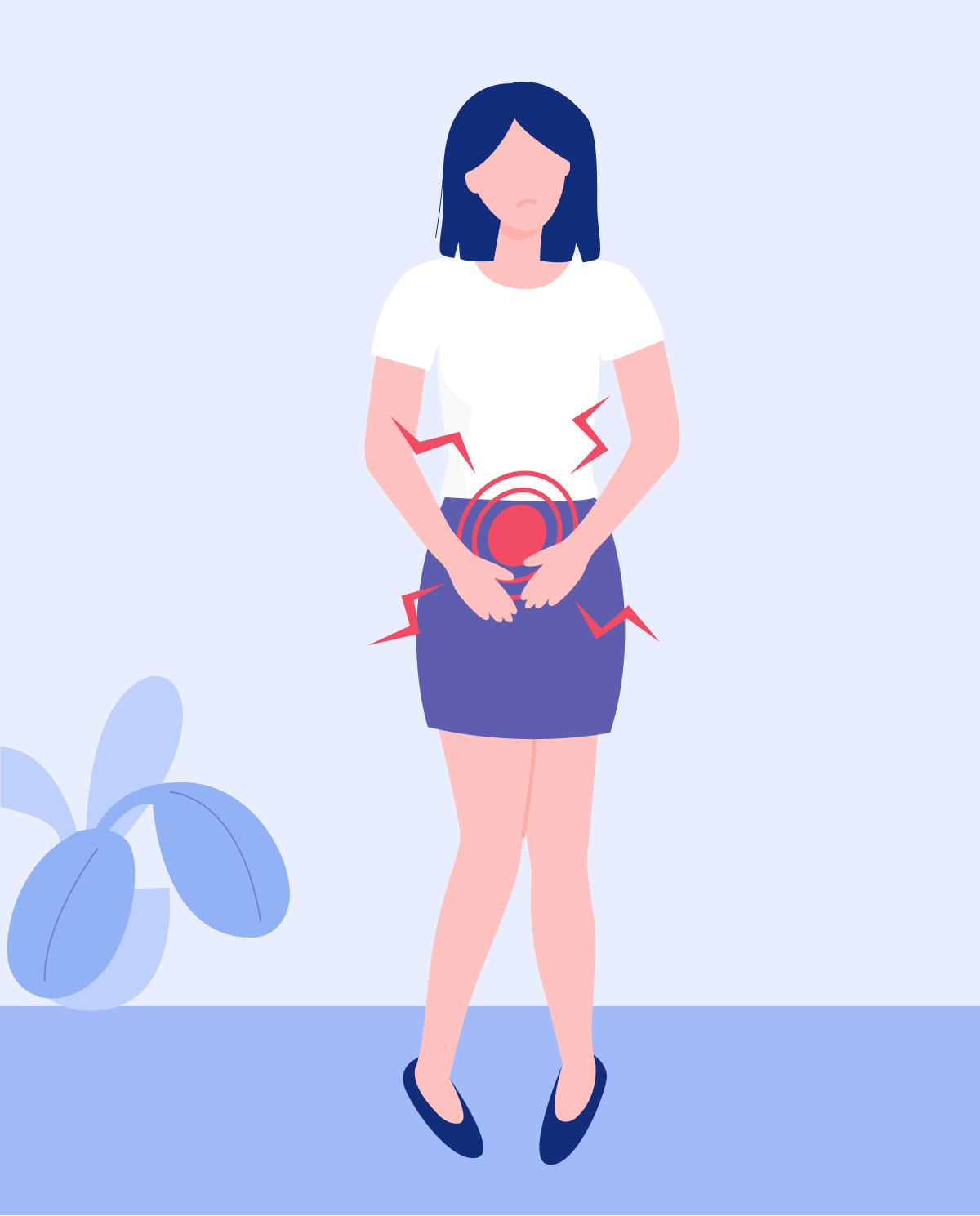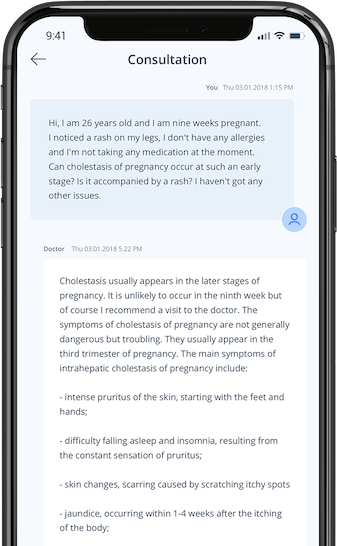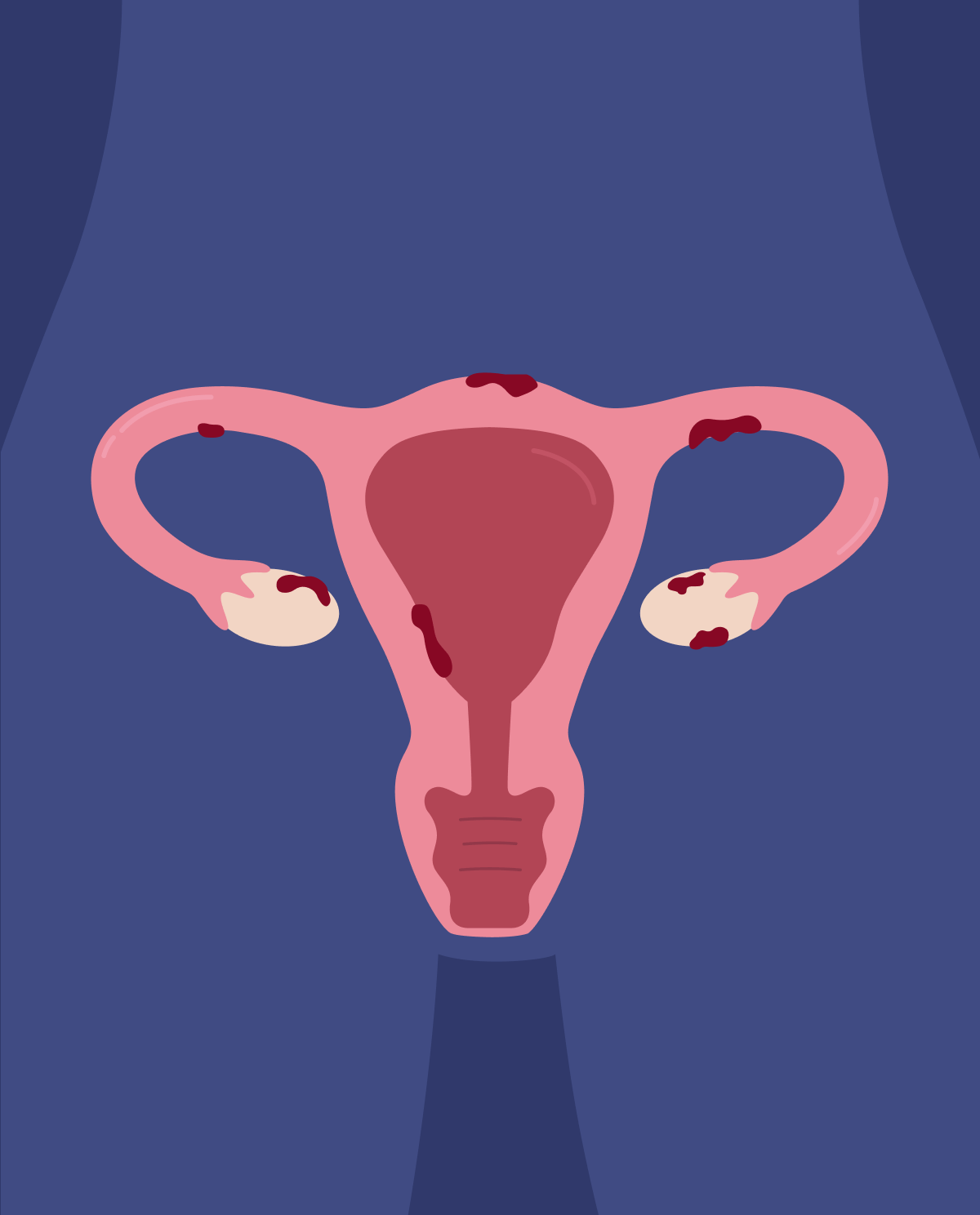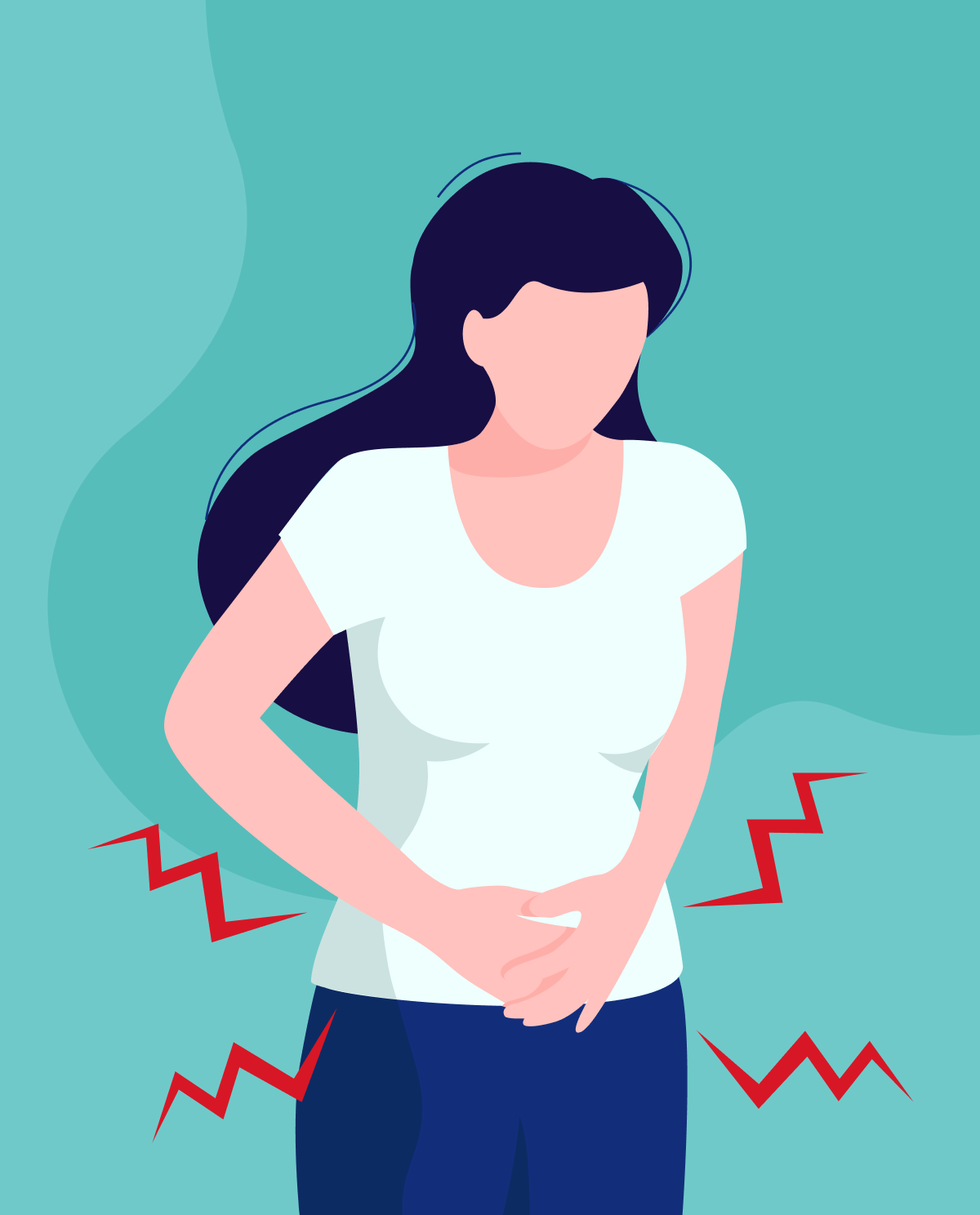Types of cystitis
Bacterial-induced cystitis
The following is induced when bacteria enter and colonize the urinary tract. Women are more prone to developing UTIs due to their anatomical composure (shorter urethra). E. coli is the most common cause of UTIs but it should be noted that other bacteria have also been involved in its development.
Non-infectious agents of cystitis
Although bacteria are the main cause of cystitis, various other agents have been shown to induce bladder inflammation:
- medical conditions (i.e., kidney stones, prostate hypertrophy, and diabetes),
- chemically induced (this varies as some people might be more sensitive to chemical products than others),
- radiation-induced: pelvic radiation can induce the development of inflammation after injury,
- interstitial cause: idiopathic (unknown cause) in nature, most commonly occurring in women. Very difficult to diagnose or treat,
- medication-induced (i.e., chemo).
Risk factors associated with cystitis
- pregnancy and menopause: hormonal variations may increase the risks,
- sexual activity,
- certain types of contraception (i.e., diaphragms containing spermicides),
- kidney stones,
- urinary catheter placement,
- compromised immunity.
Symptoms associated with the cystitis
- painful urination,
- feeling of urgency,
- hematuria (bloody urine),
- pelvic and/or abdominal pain,
- fever.
Diagnosis
If you present with any of the above-mentioned symptoms, you should contact your primary healthcare provider. The physical exam and history taking are crucial as most often they will provide all the necessary information needed by your physician to make a diagnosis. Information such as the frequency of symptoms or other UTI episodes are very important details to share. In other instances, when uncertain, various other diagnostic methods will be recommended:
- Blood work.
- Urinalysis: the laboratory will inspect your urine for blood, pus, or bacteria. They may even recommend a bacterial culture to check for the causative agent.
- Imaging isn’t usually performed but, in some instances, it can help your primary healthcare physician to detect other possible causes of cystitis (tumor, anatomical problems, stones).
Treatment
The treatment is mostly dependent on the type of cystitis, what medication you’re taking, your overall health and if bacteria were found in your urine
Bacterial-induced cystitis
- If it is a first-time occurrence, your symptoms should subside a few days after beginning antibiotic therapy.
- In the case of repeat infections, you might be prescribed antibiotics for a longer period.
- In the case of a hospital-acquired infection, various antibiotics will be used because bacteria that are in the hospital are usually resistant to treatment.
- Interstitial cystitis is quite hard to treat as the cause is unknown. Antihistamine medication can be given. In other instances, a procedure called nerve stimulation or on very rare occasions, surgery.
For all the other causes of noninfectious cystitis, you will be required to increase your fluid intake and stop using any chemicals that have been shown to cause irritation.








